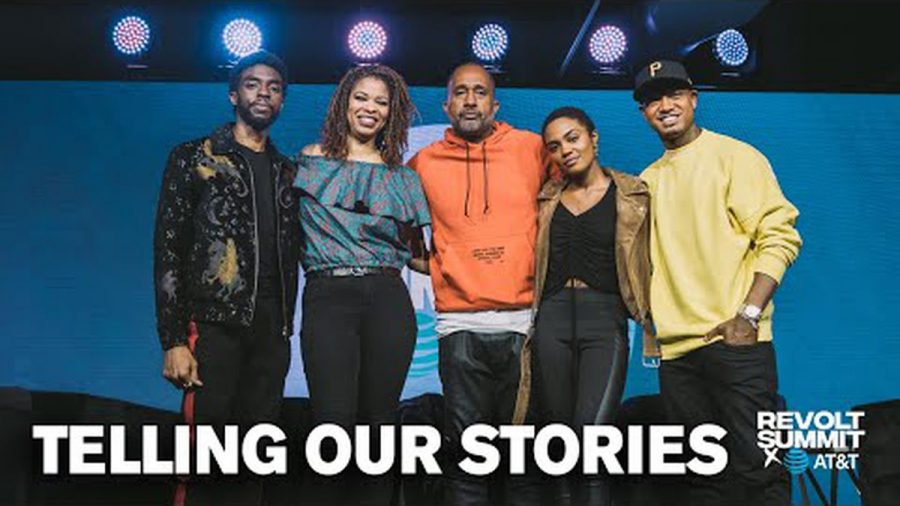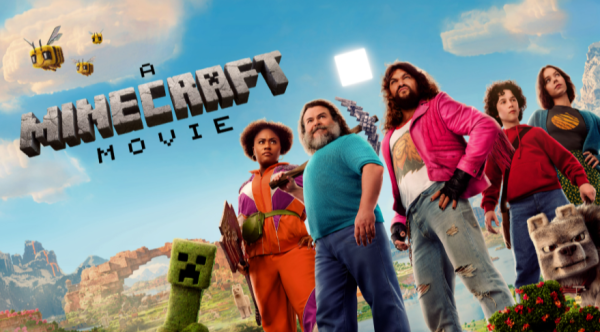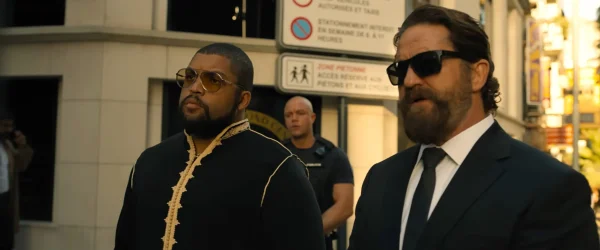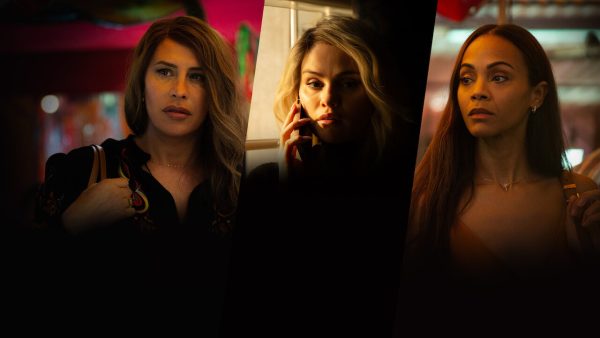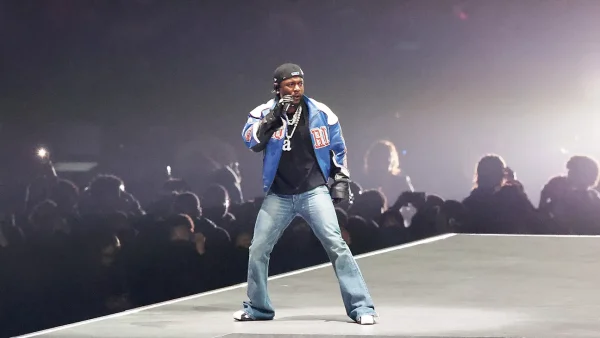When will Black stories be told without trauma?
Time and time again, we have seen black stories being told in one way, through trauma. We have seen your brothers and sisters killed and wrongly convicted by the system. These powerful images are what is being carried on to millions of people all around the world. Some of the stories that tell black tales reinforce and perpetuate beliefs that are damaging the Black community.
Ever since Black actors have been featured on film, they have been struggling. Their suffering being published for monetary values constantly. Let’s take a look back at the first film that was featured at the white house The Birth of a Nation (1915). Notoriously one of the most racist movies to ever hit the screen. It promotes the idea that black people should be lynched and the south was justified. This movie was a box office smash and it can be inferred that this set the foundation for black trauma to be monetized.
SLAVERY
Slavery is one of the most famous and well noted black movie trauma. Ranging from Uncle Tom’s Cabin (1927) to 12 Years a Slave (2013), The Birth of a Nation (1915) to Harriet ( 2019). Numerous movies have come out year after year to tell different stories of Black slaves. Yes, it is important to tell these stories, but they come at a point in time where it is obvious these stories are being told for financial gains.
A lot of these films sensationalized black suffering and in the end, it consists of resolutions that suggest racism is no longer experienced. It highlights the pain and hardship that black people had to face. Rarely do they ever show the horror of white violence and the complicity.
It’s in Crow laws that are heavily featured. And even if they highlight white people in the movies, it paints them as saviors. White saviors to be precise, a cinematic trope in which caucasian characters fight for and rescue non-white characters from troubling situations.
POLICE BRUTALITY
With the death of George Floyd and countless of black deaths at hands of police officers that are meant to protect the citizens, comes a worldwide protest of police brutality.
It is understandable that stories about real-life events featuring police brutality should be shown. However, black people don’t need fifty police brutality films a year to remind them of the injustice, racism, and oppression that they face and constantly face year round.
It’s similar to forcing Harriet Tubman to rewatch what the abuse and mistreatment she lived through several times a year, supposedly for entertainment purposes. These films can trigger unwanted feelings.
BLACK LOVE
There are multiple successful black lovers in real life but Hollywood focuses on black struggle love. They typically show a black woman who has to be a ride and die for her black man who is usually involved in some criminal activity.
There are real life publicized black love such as Gabrielle union and Dwyane Wade, and Viola Davis and Julius Tennon that are admired by the general public yet Hollywood only sells black struggle love.
Even shows that intend to uplift black love such as Black Love commonly focus on the hardship black couples have to face. The docu-series shares honest, emotional, and sometimes cringe-worthy always-true love stories. Some might love it through another lens and see how it promotes people to grow and change and find ways to navigate the world separately and with a partner. However, the general love surrounds the trauma they faced to be as strong as they are now.
It is possible for black love to be without struggle. It is possible for black love to be carefree. It is possible for black love to be portrayed at how white love is in the media. Representation is one of the most important influences in a person’s life.
BLACK DIRECTORS/PRODUCER CHANGING NARRATIVES
Fortunately, there has been a rise of Black production companies/agencies telling black stories to the best of their ability, in order to correct the way people in Hollywood view black stories. Companies such as Lena Waithe’s Hillman, Grad Productions, and Issa Rae’s Hoorae Production have shown the world how important it is for black creatives to write and direct black films, on and off camera calling the shoot.
When we have Black people being the camera calling the shoot, we get an accurate representation of the daily lives black people live. It’s not every day black people are crying about their oppression, it’s not every day we are going for a march down Washington D.C.
With more Black individuals behind the camera, Black artists with special perspectives and more appealing stories are now more likely to work with high-ranking Hollywood producers who understand them and know how to bolster them.
There have been films that have shown that black stories can be extremely successful. Films like Barry Jenkins’ Moonlight and Jordan Peele’s Get Out, have become more than cultural staples. We have major blockbusters like Black Panther showing that black stories can be told without any traumatic event.
Thousands of children all around the world were impacted by the fact that they got to see a black superhero, someone that represents them, someone they could look up to. Black Panther sparked a nationwide “ Wakanda Forever” movement. Chadwick Boseman had not only children but adults dressing as Black Panther characters. The love and support for the movie by black people shows how important, and influential these films are.
SHORT CLIP
If you want to challenge your perception on how the media has shaped your view on Black stories watch this video:
https://www.instagram.com/tv/CNAYwpfhWIY/?igshid=15abk89762hq1
It widens the view on black stories. It exposes the unconscious stereotypes viewers have. People have grown accustomed to this type of story, but there is more to Black stories than being criminals and being absent parents.
“Giving perspective to change the dialogue 🙌 this should be on EVERY channel, EVERY billboard and EVERY channel. Educate and eradicate systemic racism”, said a user on Instagram.
Your donation will support the student journalists of Parkdale High School. Your contribution will allow us to cover our annual website hosting costs and publish some printed editions, as well.

Mistura is in the Class of 2022 and has been on staff since her sophomore year. She was "pushed lightly" to sign up for Newspaper by freshman English teacher...

